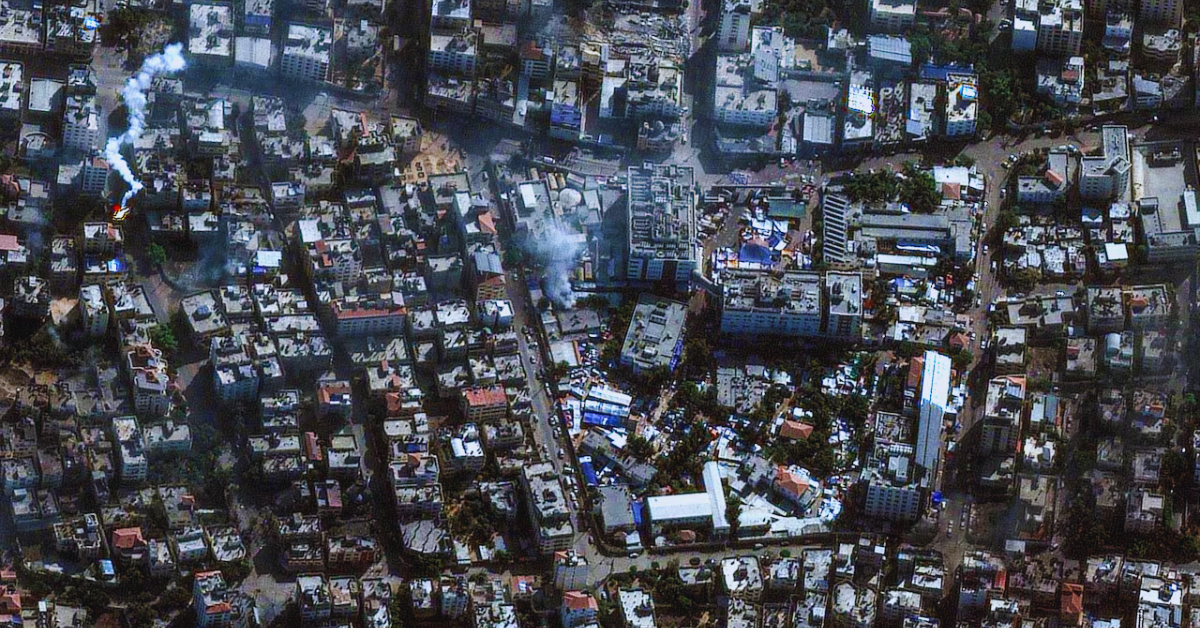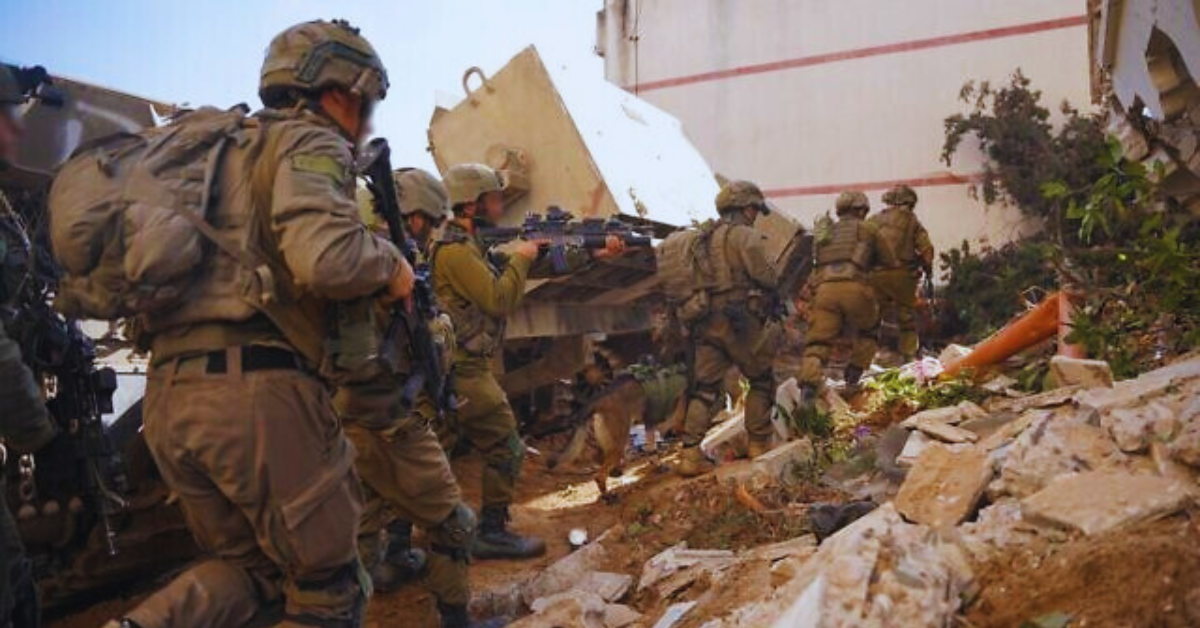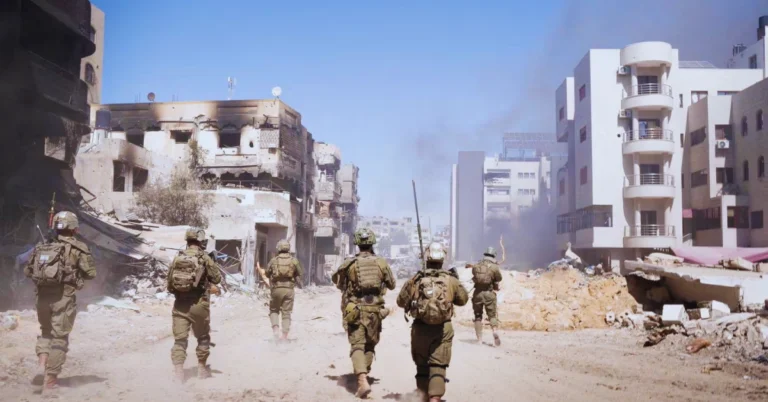On July 2024, the Israeli Defense Forces (IDF) launched Operation Summer Camps, marking one of the largest military actions since the 2014 Operation Protective Shield. This operation, aimed at dismantling terror hubs in the Shomron region, highlights the complexities and intricacies of modern counterterrorism efforts. This essay explores the background, strategic implications, and broader geopolitical consequences of Operation Summer Camps, situating it within the ongoing conflict between Israel and Palestinian militant groups.
Background of the Conflict
The Israeli-Palestinian conflict is one of the longest-running and most deeply rooted conflicts in modern history. It involves a complex mix of territorial disputes, national identity, religious tensions, and political sovereignty. The West Bank, known in Israel as Judea and Samaria, and particularly the Shomron region, has been a flashpoint for decades. This area is home to many Palestinian towns and cities, as well as Israeli settlements, and has witnessed numerous clashes between Israeli forces and Palestinian militants.
In recent years, there has been an uptick in violence, including rocket attacks, military incursions, and confrontations at borders and checkpoints. The IDF has frequently conducted operations in the West Bank to neutralize perceived threats from militant groups such as Hamas, Islamic Jihad, and others. These operations are often met with international scrutiny and criticism, given the high potential for civilian casualties and the broader humanitarian impact on Palestinian communities.
The Objectives of Operation Summer Camps
Operation Summer Camps was initiated with a clear set of objectives: to disrupt and dismantle what Israel describes as “terrorist infrastructure” in the Shomron region. According to Israeli intelligence, these hubs were being used to plan and coordinate attacks against Israeli civilians and soldiers, including shootings, bombings, and other forms of violence.
The operation involved a series of targeted raids, airstrikes, and ground incursions, primarily aimed at neutralizing specific individuals and destroying weapons caches. One of the significant aspects of this operation was the deployment of advanced technology and tactics, including the use of drones, cyber warfare, and precision-guided munitions. This represents a significant evolution in the IDF’s approach to counterterrorism, reflecting a shift towards more surgical, intelligence-driven operations that aim to minimize collateral damage while achieving strategic objectives.
The Execution and Immediate Outcomes
Operation Summer Camps was characterized by a combination of air and ground maneuvers, involving elite units of the IDF, including special forces, paratroopers, and intelligence personnel. The operation’s execution was rapid and intensive, with several key targets being hit simultaneously to prevent any coordinated response from the militant groups.
One of the immediate outcomes of the operation was the capture or elimination of several high-ranking members of Palestinian militant factions. In addition, numerous arms caches and bomb-making facilities were destroyed. According to Israeli military sources, these actions significantly degraded the operational capabilities of these groups, at least in the short term.
However, the operation also led to considerable civilian displacement and casualties, which has sparked a new wave of criticism and condemnation from the international community, including calls for restraint from the United Nations and various human rights organizations. The Palestinian Authority and other Arab states have also condemned the operation, labeling it as an excessive use of force that exacerbates tensions and undermines the prospects for peace.
Strategic Implications for Israel
From a strategic standpoint, Operation Summer Camps reflects Israel’s broader security doctrine, which emphasizes pre-emptive strikes and overwhelming force to neutralize threats before they can materialize. This doctrine is rooted in Israel’s historical experiences, where existential threats have necessitated a proactive and often aggressive approach to defense.
The operation also signals a willingness by Israel to escalate military actions in the West Bank, an area traditionally subjected to lower-intensity conflict compared to Gaza. By conducting such a significant operation in the Shomron region, Israel is sending a message to both Palestinian militant groups and the broader international community that it will not tolerate the presence of armed factions capable of launching attacks on its territory.
However, this approach carries inherent risks. Prolonged military engagements in the West Bank could lead to an escalation of violence, drawing Israel into a more extended conflict with Palestinian groups. Additionally, the humanitarian impact of such operations could further isolate Israel diplomatically, especially if civilian casualties continue to rise.
The Broader Geopolitical Context
Operation Summer Camps did not occur in a vacuum; it must be understood within the broader geopolitical context of the Middle East. The Israeli-Palestinian conflict remains a focal point of regional politics, with various state and non-state actors having vested interests in its outcome.
For instance, Iran, a staunch supporter of Palestinian militant groups, could view this operation as a direct challenge to its influence in the region. Similarly, Hezbollah in Lebanon, which has close ties with Palestinian factions, might feel compelled to respond, potentially opening up a new front in the conflict.
Moreover, the operation could influence Israel’s relations with its Arab neighbors. The Abraham Accords, which saw several Arab states normalize relations with Israel, marked a significant shift in regional dynamics. However, continued military actions in Palestinian territories could strain these newfound ties, particularly with countries like the United Arab Emirates and Bahrain, which have been vocal about their support for Palestinian rights.
Humanitarian Concerns and International Reactions
One of the most contentious aspects of Operation Summer Camps has been its humanitarian impact. The raids and strikes led to significant displacement of Palestinian civilians, destruction of property, and a considerable number of casualties. Humanitarian organizations have expressed concerns about the lack of adequate medical facilities, the disruption of essential services, and the broader psychological impact on communities living under constant threat of military action.
Internationally, the operation has drawn mixed reactions. While some nations, particularly those aligned with Israel, have expressed support for its right to self-defense, others have condemned the operation as a disproportionate use of force. The United Nations, the European Union, and various human rights groups have called for immediate ceasefires, investigations into alleged war crimes, and a renewed commitment to peace talks.
The Future of Israeli-Palestinian Relations
Operation Summer Camps, like many military actions before it, raises fundamental questions about the future of Israeli-Palestinian relations. The cycle of violence, retaliation, and military response has been a persistent feature of this conflict, with each side entrenched in its position and unwilling to make significant concessions.
For Israel, the operation represents a continuation of its policy of preemption and deterrence. For the Palestinians, it reinforces the narrative of resistance against occupation and the struggle for national liberation. Unless there is a significant shift in the political landscape, such operations are likely to continue, perpetuating a cycle of violence and counter-violence that has defined the conflict for decades.
Potential Pathways Forward
Despite the grim outlook, there are potential pathways forward that could break this cycle. One option is the resumption of peace talks under international auspices, with a focus on achieving a two-state solution that addresses the core issues of borders, security, refugees, and the status of Jerusalem. However, this would require significant political will from both sides, as well as from the broader international community.
Another possibility is a rethinking of the approach to counterterrorism. Instead of relying solely on military might, there could be a greater emphasis on intelligence-sharing, community engagement, and economic development aimed at undermining the root causes of militancy. This would involve a more nuanced understanding of the socio-economic and political drivers of the conflict, as well as a commitment to addressing the legitimate grievances of Palestinian civilians.
Conclusion
Operation Summer Camps is a stark reminder of the complexities and challenges of counterterrorism in the Israeli-Palestinian conflict. While the immediate tactical successes of the operation may offer a temporary reprieve from violence, the broader strategic, humanitarian, and geopolitical consequences are far-reaching. As long as the underlying issues remain unaddressed, such operations will continue to be a feature of this long-standing conflict. The path to peace, if it exists, will require not just military action, but also genuine dialogue, mutual recognition, and a willingness to compromise from all parties involved.
Read more: White House Warns Iran Positioned for Potential Attack on Israel


